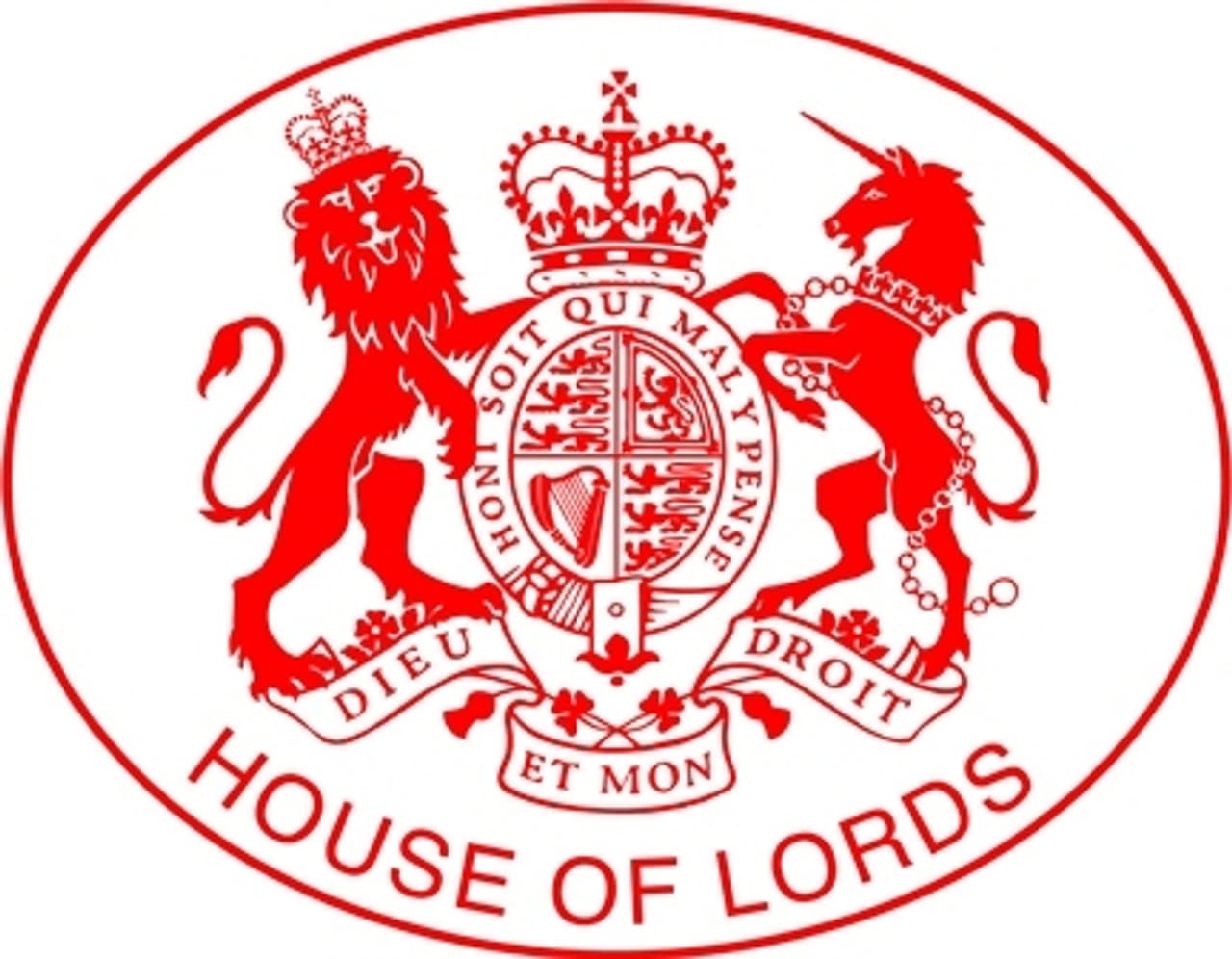
Analysis: Lord Steel on the ‘Fankle’ over Lords reform
Licking its wounds: The government is redrafting its proposed Lords reform bill.
I have been living with Lords reform ever since I was a student of Constitutional Law at Edinburgh University.
And it seems to me that today we have got ourselves into a right fankle*.
The government, licking its wounds, is going to redraft its proposed bill which was severely mauled both by the Joint Committee of both Houses and even more so by the ‘Alternative Report’ signed by half its members. It goes to the Commons first where it may founder as badly as the 1968 attempts at reform did.
Another bill
In the meantime my own much emasculated bill reappears in the Lords on 29 June, limited to the three purposes approved in the last session.
These are:

1) encouraging peers to retire instead of hanging in there for life,
2) removing those who rarely attend,
3) removing those convicted of serious offences.
Sadly, to get the bill through I abandoned both a new appointments system and the ending of entry by heredity. But at least it is a modest start in reducing numbers and it has been promised a fair wind in the Commons which it reached too late last session.
Thereafter the Lords are keen to revive the lost proposals, and pursue sensible reforms urged both by Baroness Hayman, the former Lord Speaker, and the afore-mentioned alternative report.
It is simply untrue to suggest that the Lords are unwilling to reform. With a few exceptions, most of us accept the need to end the indefensible – the patronage system of appointments and the hereditary by-elections.
Related story: House for hire – Lords used to wine and dine clients
But if the government had any sense in their determination to achieve an elected house they would be looking to achieve radical democratic reform whilst avoiding the four dangers inherent in their draft bill.
These are conflict between two elected Houses; territorial senators threatening the role of constituency MP’s; the expense of another election and the running costs of a full-time salaried and staffed Upper House, and the loss of experience and expertise amongst independent peers – or the mess of a hybrid House.
The ‘big bang’ proponents rest their case on the mistaken assumption that we have waited 100 years for reform – blithely ignoring the four fundamental reforms already undertaken during the century.
Prime Minster Asquith
I keep pointing out that Prime Minister Asquith never advocated an ‘elected’ House on the lines of the Commons but one which abandoned the hereditary principle in favour of a ‘popular’ assembly.
In my first general election as Liberal leader in 1979 our manifesto stated: ‘The House of Lords should be replaced by a new democratically chosen second chamber which includes representatives of the nations and regions of the UK and UK Members of the European Parliament’.
It should be possible to create a fully elected chamber which avoids the four pitfalls I outlined above. A House of some 450 could be elected in thirds for 15 years, elections taking place immediately after each general election with the Electoral Commission deciding how many each party was entitled to in reflecting the proportionality of the election result and including Independent numbers.
The electorate would be MP’s, MEP’s and Members of the three devolved parliaments. Simple, inexpensive, and probably likely to produce a less London-centric Chamber than at present. 34 other parliaments around the world do something similar to create an Upper Chamber (notably Germany) and indeed that is what happened in the old Stormont – so we even have a precedent in the UK.
Such a fundamental democratically reformed Upper Chamber would maintain the existing revising role, be part-time and unpaid as at present, though needing tougher declaration of interest rules than currently. It would retain the existing powers and conventions. I also hope it would be called a senate and that so called ‘Lords’ such as myself could be spared the embarrassment of the title.
*Editor’s note: Fankle – a Scottish word for muddle or state of confusion.




